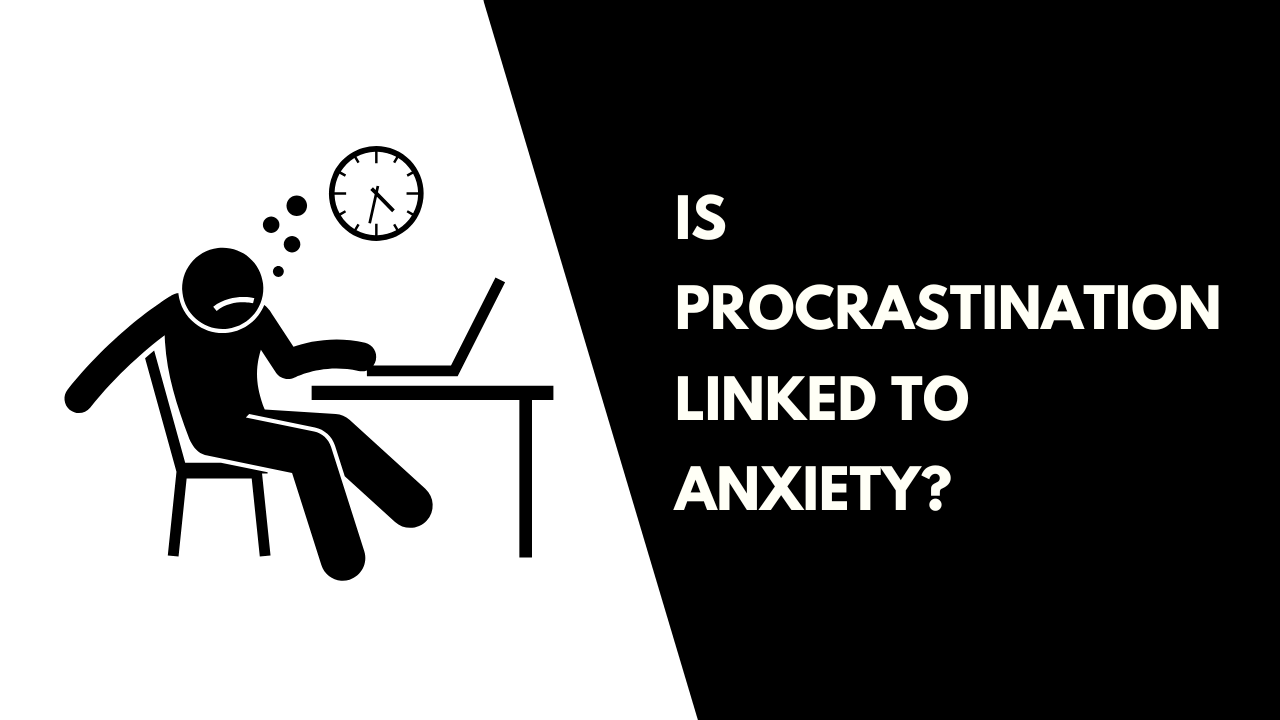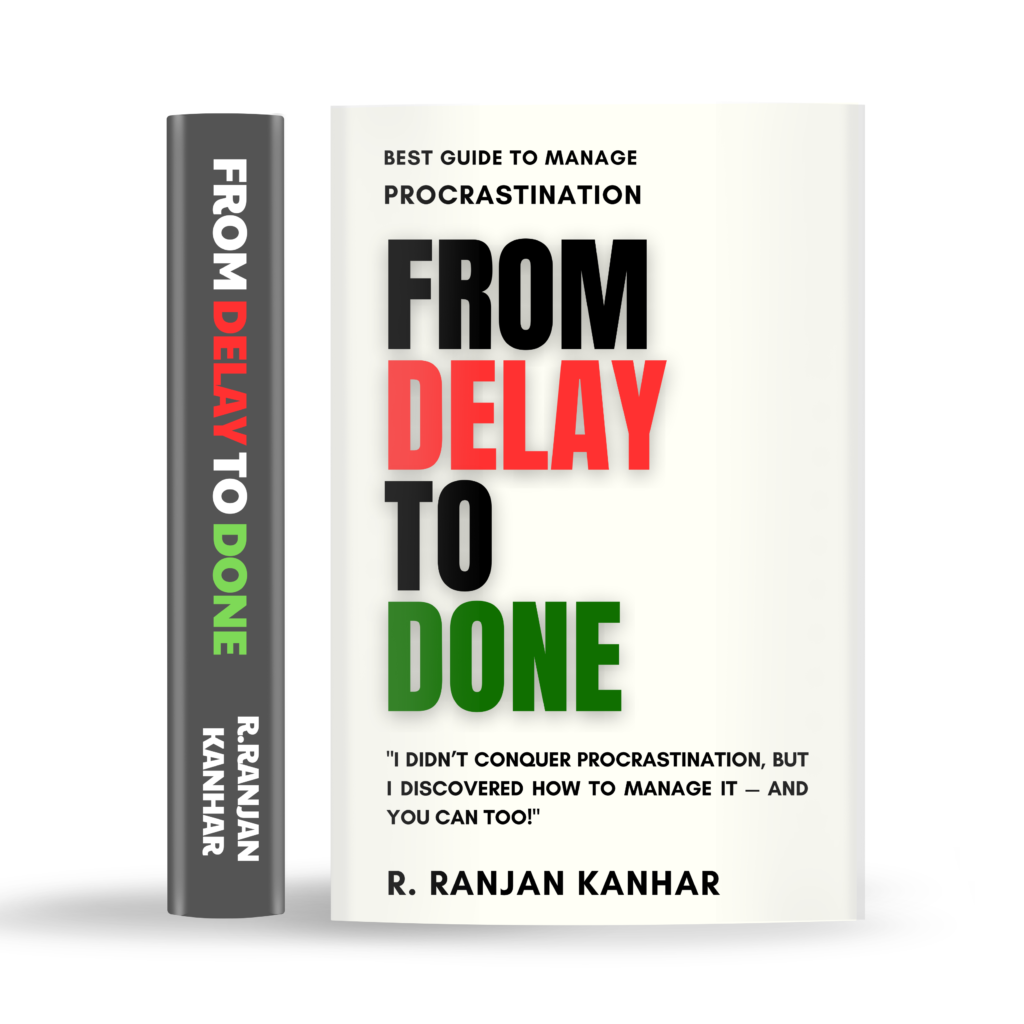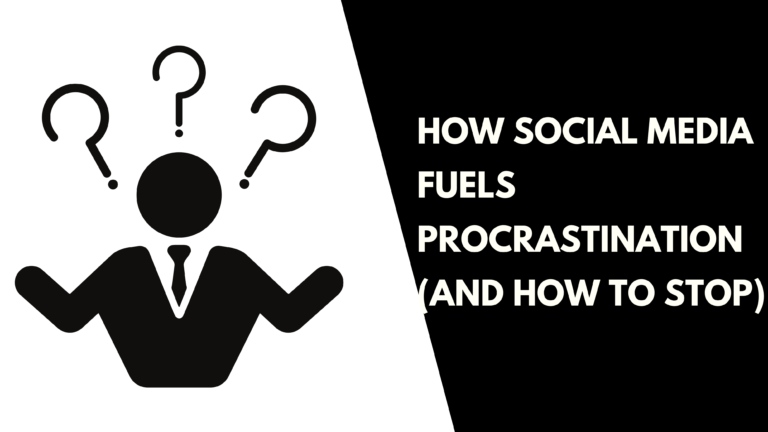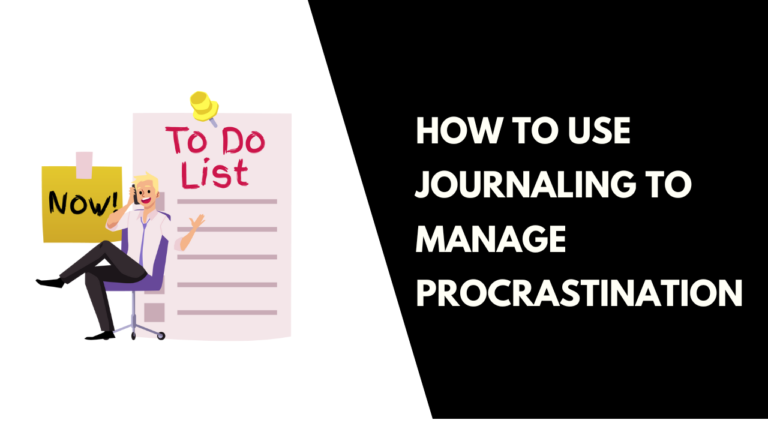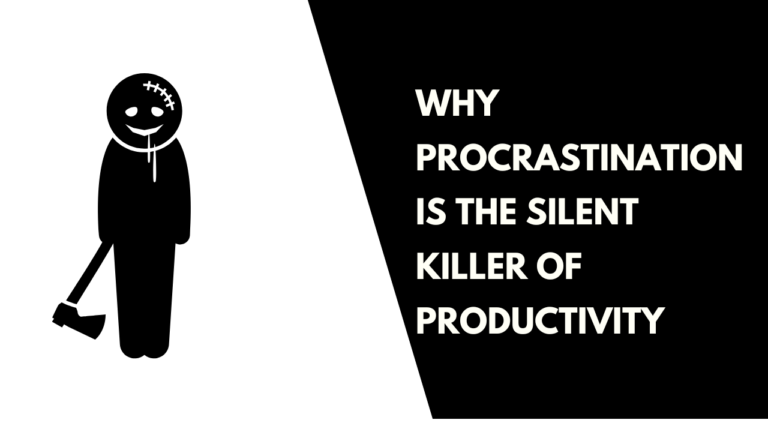Is Procrastination Linked to Anxiety?
Is Procrastination Linked to Anxiety?
Introduction
Have you ever put off an important task and then felt a wave of stress creeping in? You keep delaying it, even though you know you have to get it done. Before you know it, the deadline is here, and anxiety hits you like a storm. If this sounds familiar, you’re not alone. Many people wonder: Is procrastination linked to anxiety?
Table of Contents
ToggleThe short answer is yes. Procrastination and anxiety feed off each other in a vicious cycle. Anxiety makes you avoid tasks, and avoidance increases anxiety. But the good news? You can break free from this cycle! In this blog, we’ll explore the deep connection between procrastination and anxiety, real-life examples, and practical steps to stop procrastination and regain control.
The Hidden Link Between Procrastination and Anxiety
What is Procrastination?
Procrastination is the act of delaying tasks, even when you know completing them is important. It’s not just about poor time management—it’s often about avoiding discomfort, fear of failure, or overwhelming pressure.
What is Anxiety?
Anxiety is a feeling of fear, nervousness, or worry. It can be mild or severe, but when it’s chronic, it interferes with your daily life. Anxiety often makes you feel paralyzed, unsure of where to start, and overwhelmed by tasks.
How Are They Connected?
Procrastination and anxiety go hand in hand. Here’s how:
- Fear of Failure: You fear not doing something perfectly, so you keep delaying it.
- Overwhelm: A task feels too big, making you anxious, so you put it off.
- Perceived Pressure: You think you must complete something flawlessly, leading to avoidance.
- Guilt and Self-Doubt: The more you delay, the more anxious and guilty you feel, which makes it even harder to start.
This cycle repeats itself, making it difficult to manage procrastination and causing more stress over time.
Real-Life Example: Sarah’s Struggle with Procrastination and Anxiety
Let’s take an example of Sarah, a 28-year-old marketing executive. She had a big presentation due at work. The moment she thought about starting, anxiety crept in:
- What if my boss doesn’t like it?
- What if I embarrass myself in front of everyone?
- What if I don’t have enough data?
Instead of facing these thoughts, she distracted herself—scrolling social media, watching Netflix, and even cleaning her apartment.
As the deadline approached, panic set in. She pulled an all-nighter, feeling exhausted and frustrated with herself. The cycle continued every time she had an important task.
Does this sound familiar? If so, don’t worry—you can stop procrastination and manage your anxiety with the right strategies.
How to Manage Procrastination and Reduce Anxiety
1. Identify the Root Cause
Ask yourself: Why am I procrastinating?
- Is it fear of failure? Remind yourself that mistakes are part of growth.
- Is it perfectionism? Done is better than perfect.
- Is it overwhelm? Break tasks into smaller steps.
Understanding the reason behind your procrastination helps you tackle it head-on.
2. Break Tasks into Small, Manageable Steps
One major cause of procrastination is feeling overwhelmed. Instead of thinking about the entire project, break it into small, actionable tasks.
Example: If Sarah had divided her presentation into small parts (research, slides, practice), she wouldn’t have felt overwhelmed.
👉 Action Tip: Write down the first small step you can take right now. It could be opening a document and writing the title.
3. Set Realistic Deadlines
Instead of waiting for the last-minute rush, set mini-deadlines for each step.
Example: If you have a report due in a week, break it into daily tasks:
- Day 1: Research
- Day 2: Outline
- Day 3: Write draft
- Day 4: Edit and refine
This reduces anxiety and helps you manage procrastination effectively.
4. Use the “5-Minute Rule”
Often, getting started is the hardest part. Tell yourself, I’ll do this for just 5 minutes. Once you start, you’ll likely keep going.
Example: If Sarah had committed to working on her presentation for just 5 minutes, she would have overcome the initial resistance.
👉 Action Tip: Choose a task you’re avoiding and set a timer for 5 minutes.
5. Challenge Negative Thoughts
Anxiety-driven procrastination is often fueled by irrational fears. When negative thoughts arise, challenge them:
- “What if I fail?” → What if I succeed?
- “I don’t have enough time.” → I can start small right now.
- “It has to be perfect.” → Progress matters more than perfection.
Shifting your mindset helps you stop procrastination and take action.
6. Remove Distractions
If distractions fuel your procrastination, eliminate them:
- Turn off notifications
- Use website blockers
- Create a clutter-free workspace
Example: Sarah could have set a 30-minute focus session with her phone on airplane mode.
👉 Action Tip: Identify your biggest distraction and remove it for the next 30 minutes.
7. Use the “Accountability Partner” Strategy
Tell someone about your task and ask them to check in on you.
Example: If Sarah had told a colleague about her presentation and asked for feedback, she would have felt motivated to complete it on time.
👉 Action Tip: Share your goal with a friend and set a deadline.
8. Practice Self-Compassion
Be kind to yourself. Everyone procrastinates sometimes. Instead of guilt-tripping yourself, focus on improvement.
Example: Instead of saying, “I’m lazy,” Sarah could say, “I had a tough time starting, but I’m learning to manage procrastination.”
Final Thoughts: Overcoming the Procrastination-Anxiety Cycle
So, is procrastination linked to anxiety? Absolutely. But the good news is that you have the power to break the cycle.
To manage procrastination, remember:
✔ Identify why you’re procrastinating
✔ Break tasks into small steps
✔ Use the 5-minute rule
✔ Challenge negative thoughts
✔ Remove distractions
✔ Get an accountability partner
✔ Be kind to yourself
You don’t have to let procrastination control your life. By taking small steps, you can regain control, reduce anxiety, and boost productivity.
Now, it’s your turn. What’s one task you’ve been putting off? Try one strategy from this blog and start today! 🚀
“Stop postponing your dreams! From Delay to Done is your ultimate guide to conquering procrastination. Grab your copy today on Amazon!
